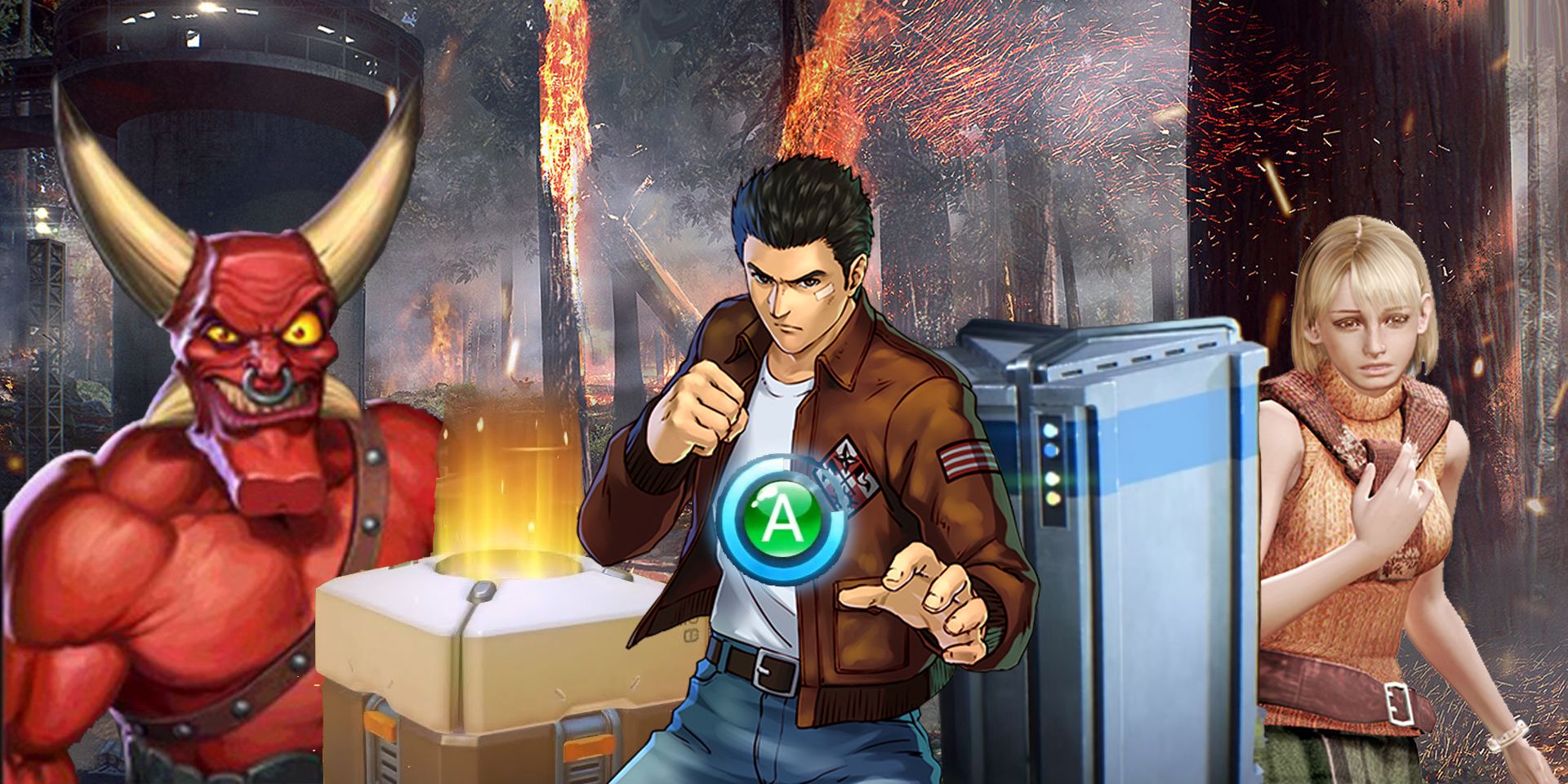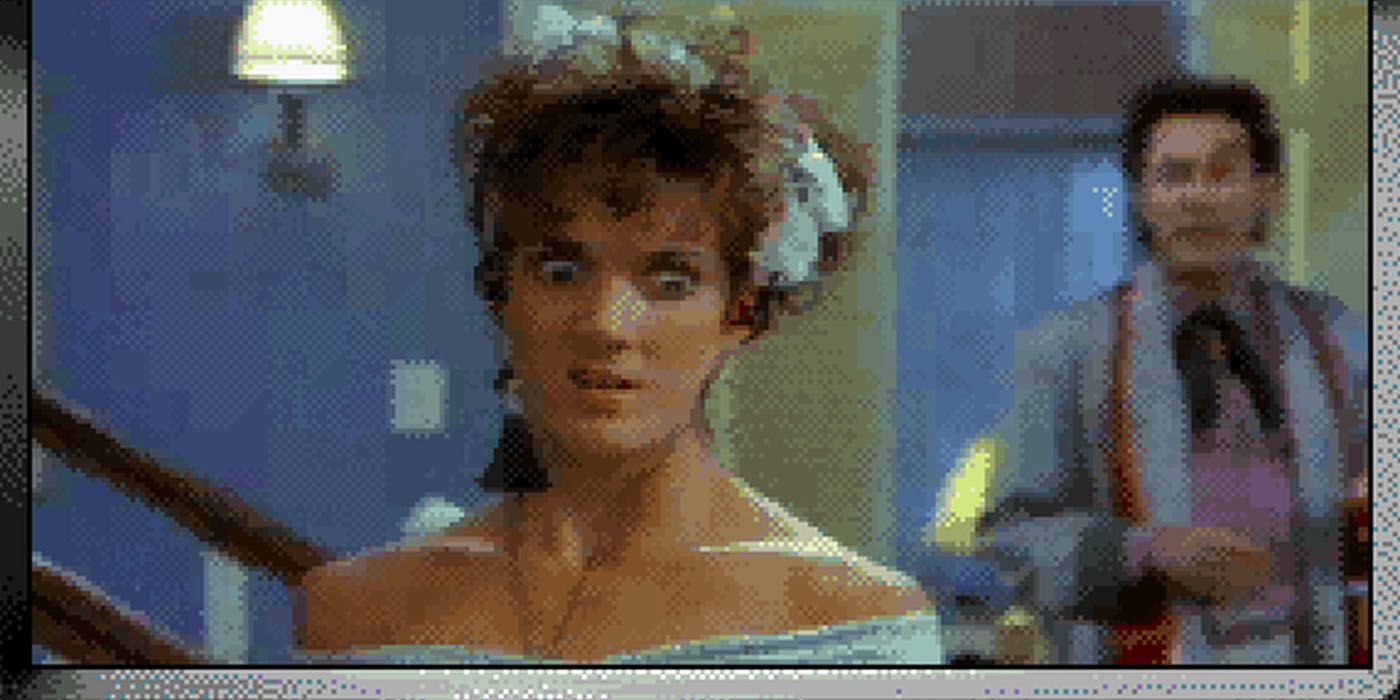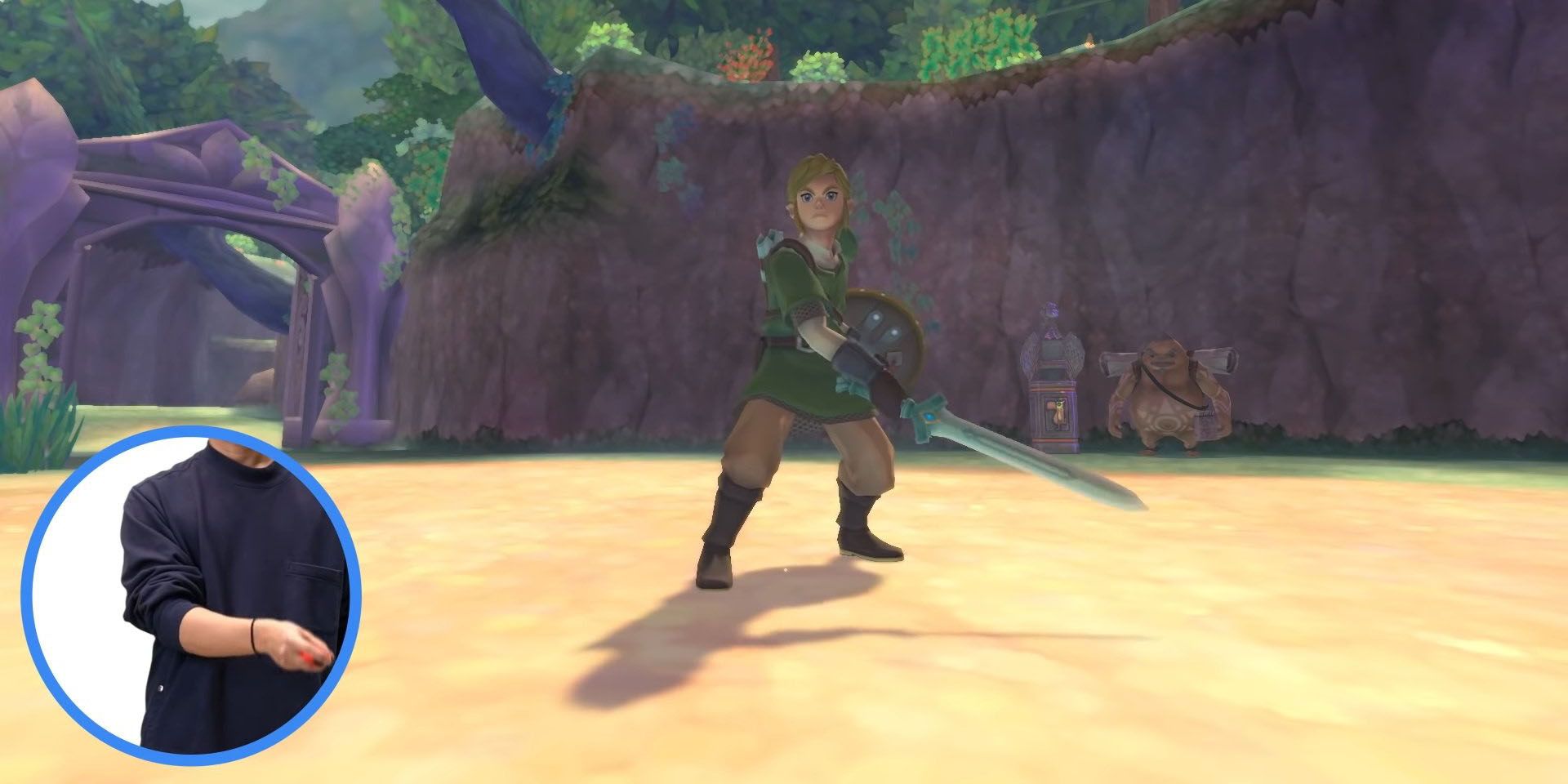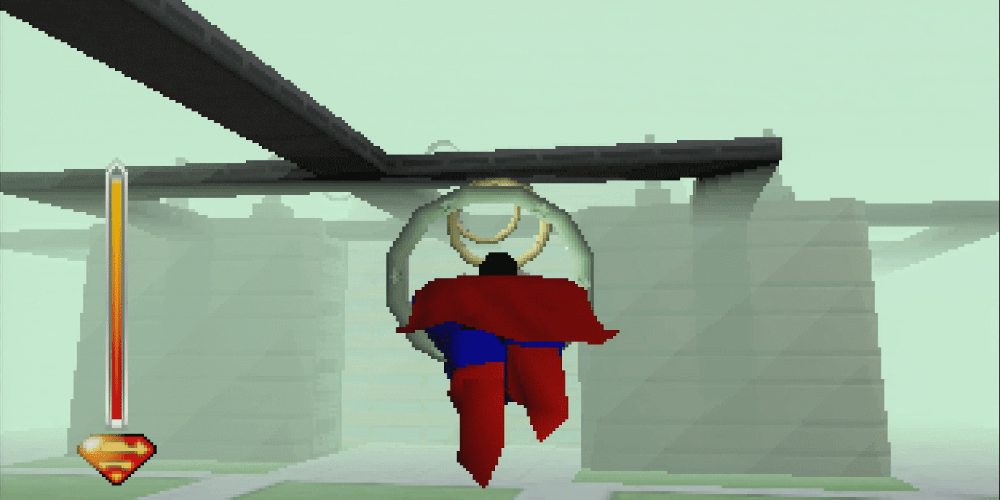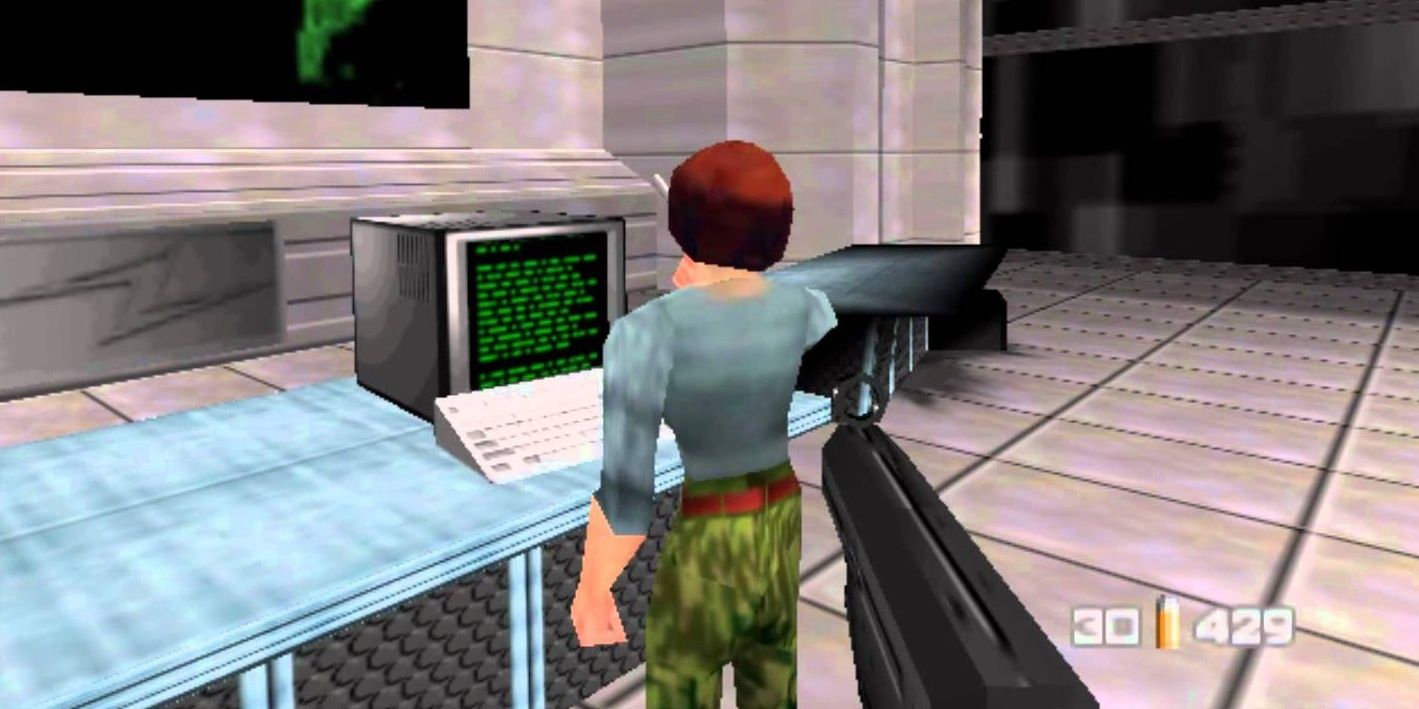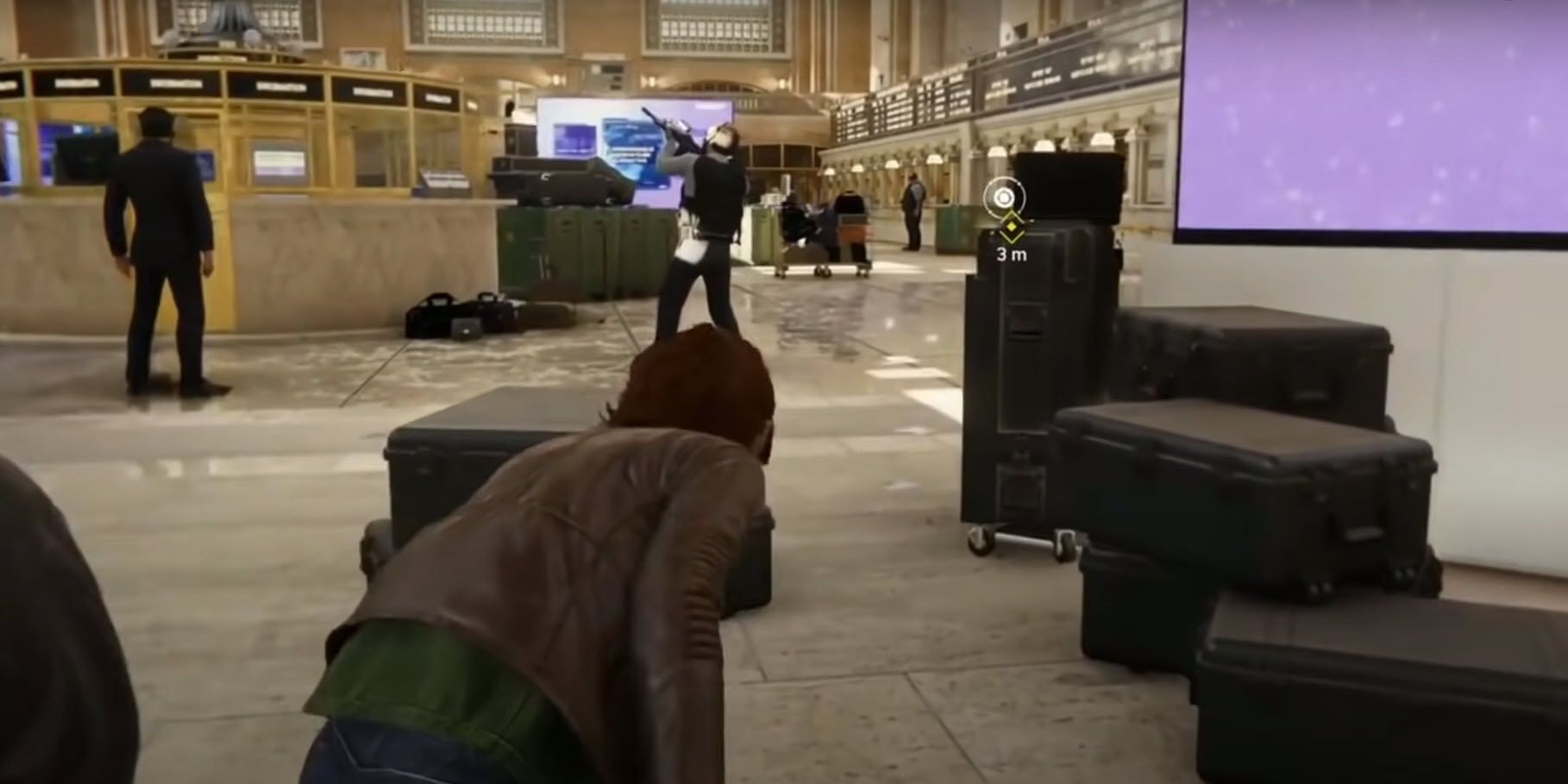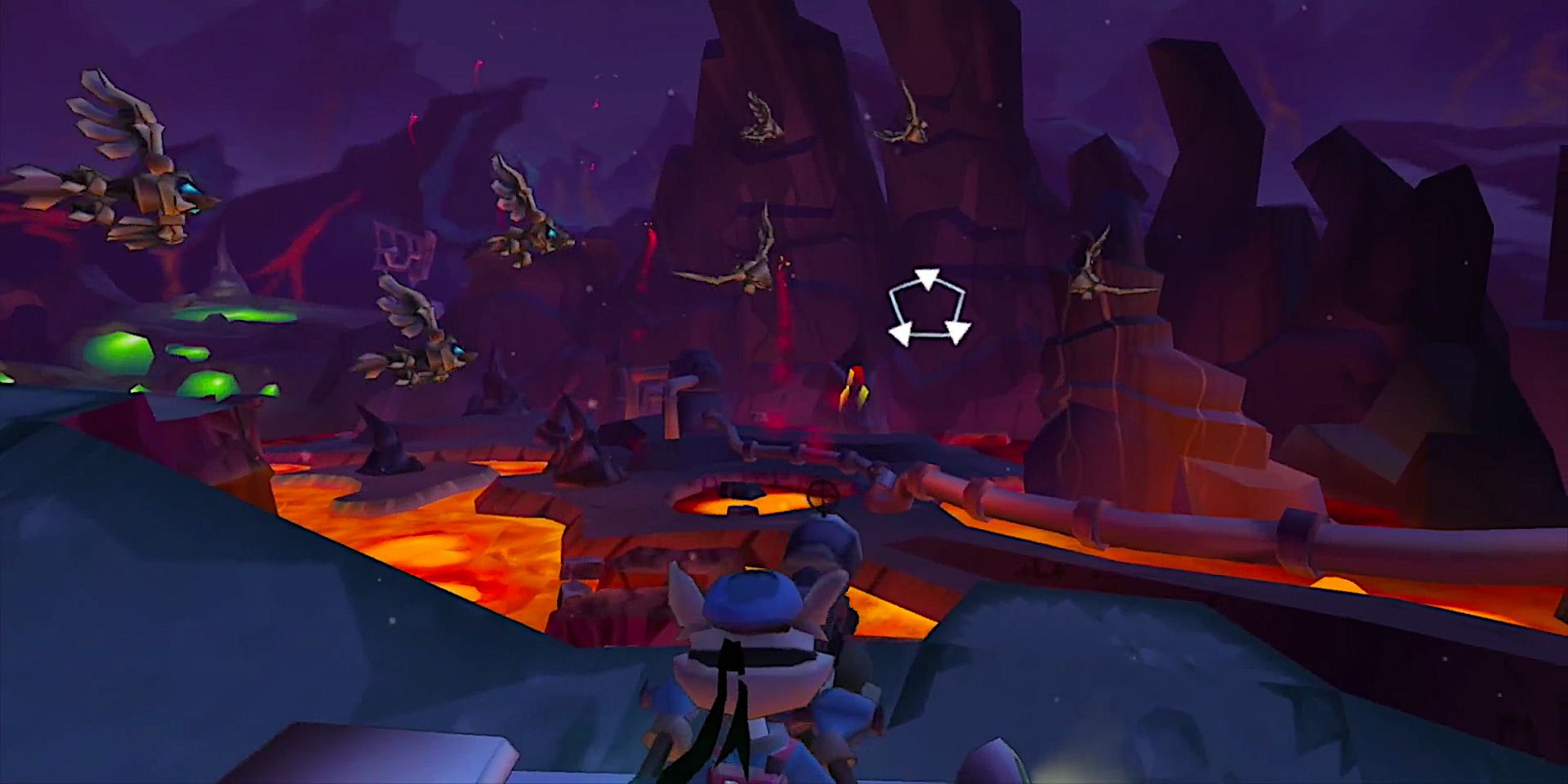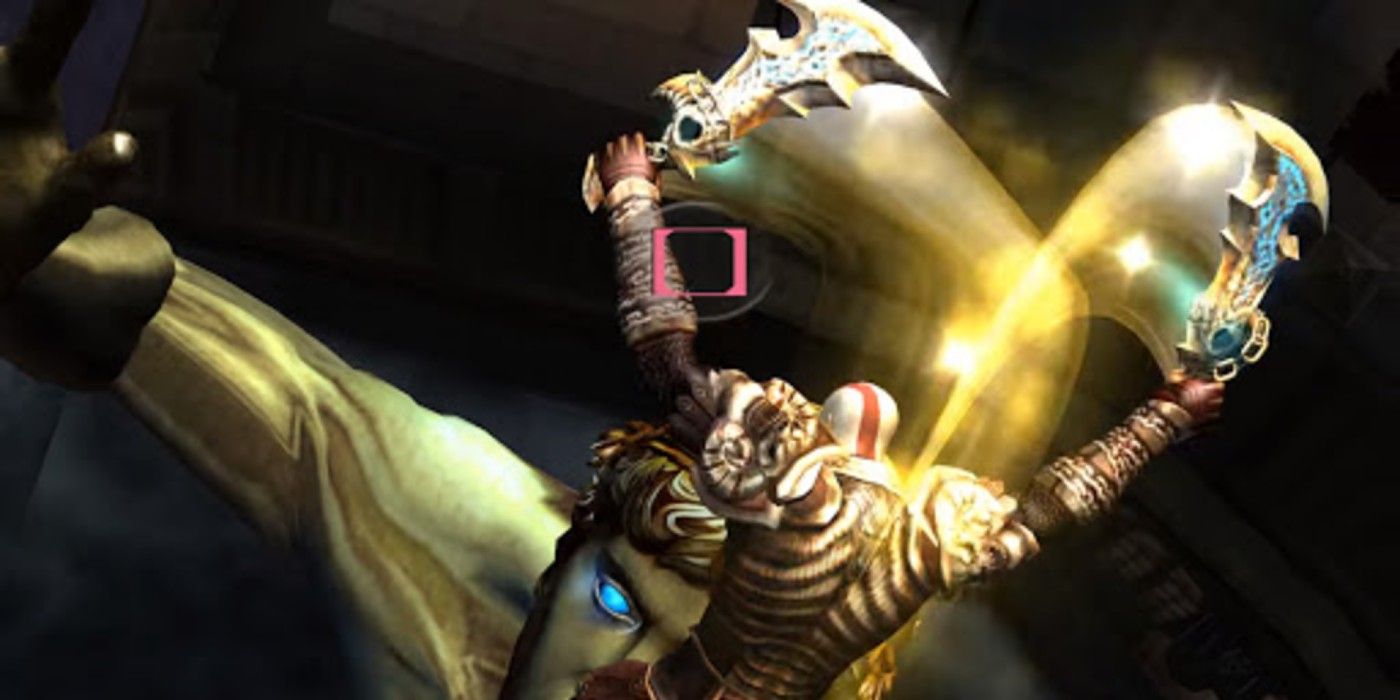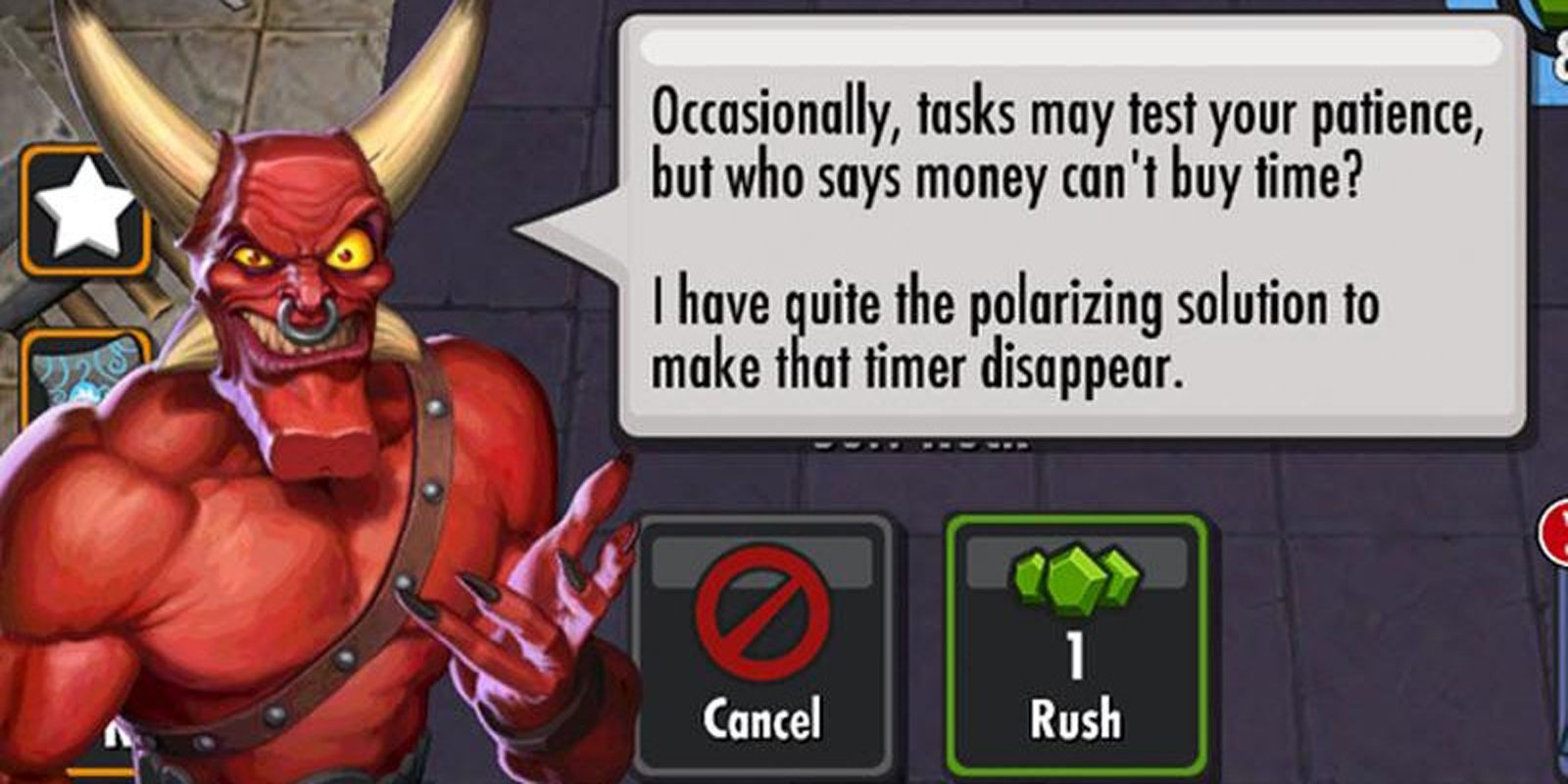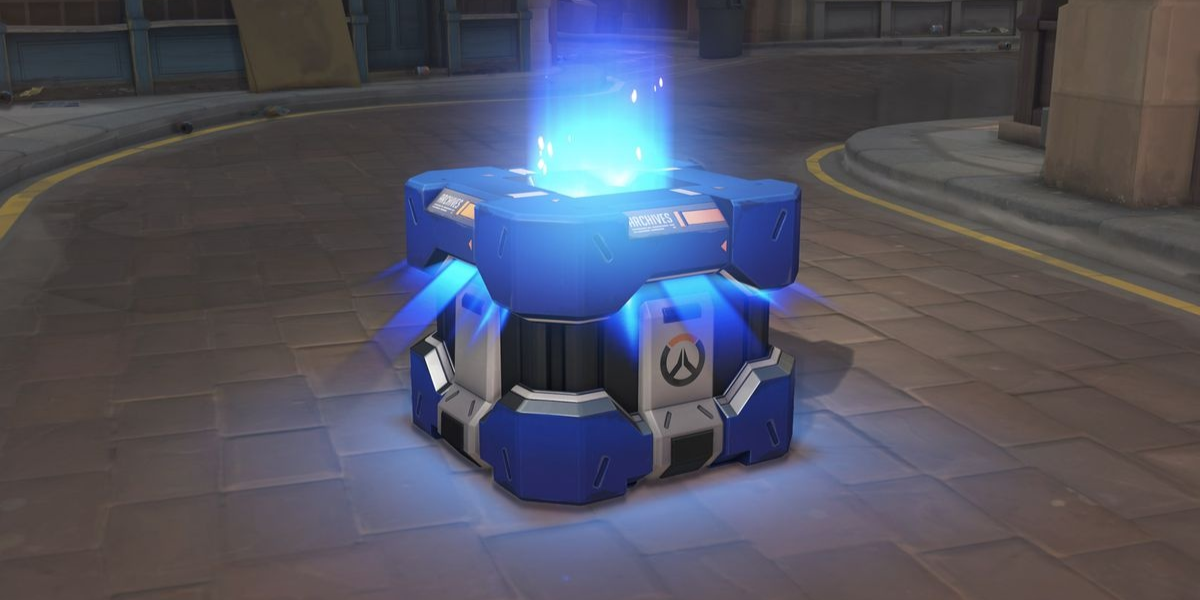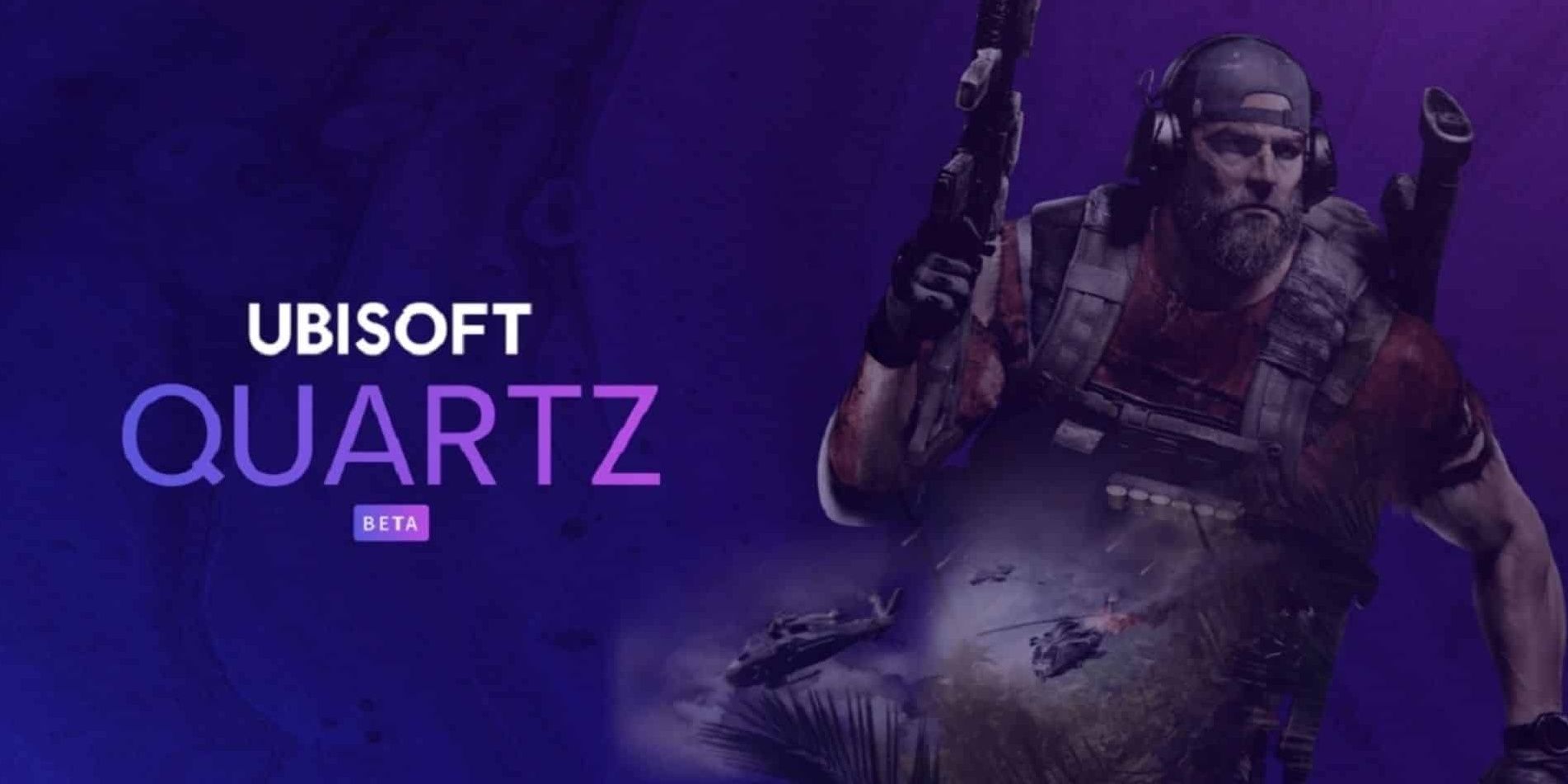No one can predict the future. What's popular today won't always be, and companies are always scrambling to either capitalize on or create the latest trend. Sometimes these changes can shape the industry, such as the rise of 3D gaming during the 32-bit era or the advent of online multiplayer. Other times, such trends represent a dead end, often tanking studios in the process.
There are many developers and publishers who couldn't see where the gaming industry was going, and that lack of foresight caused them to be left in the dust. While chasing trends isn't anything new to the industry, these examples were and/or are holding the medium back.
10 FMV Was Not The Future Of Gaming
Around the time of CD technology, developers were trying to see what the future of the medium would look like. Many publishers hedged their bets on awful interactive movies like Night Trap that lacked any real gameplay or player agency.
There were actually some good games that utilized Full Motion Video, such as the Tex Murphy titles and the second Gabriel Knight entry. However, too many of them were trying desperately to ape a completely different medium as if the creators were embarrassed to be in the games industry. Ultimately, FMV proved not to be the future of gaming.
9 Forced Hardware Gimmicks Can Ruin A Good Game
It should be noted that not all hardware gimmicks are inherently bad. There have been Wii and DS titles that utilized the unique features of their respective hardware to craft some compelling gameplay, but it's hard to deny that many third-party efforts fall short due to a lack of understanding or passion towards the system.
Even in superb entries like Super Mario Galaxy, the motion controls could still be jettisoned altogether, and the game wouldn't really suffer for it. Xbox's Kinect was terrible about this, forcing it even in genres that had no business incorporating motion controls, such as Fable: The Journey.
8 Licensed Cash Grabs Almost Destroyed The Western Games Market
Publishers managed to sucker unsuspecting consumers for the longest time by slapping a familiar property over a shoddily made title. The sheer amount of terrible games based on movies, comics, TV shows, and books became overwhelming, with some even ranking among the worst titles of all time.
E.T. for the Atari 2600 was a game so bad that it's been partially blamed for causing the Western video game crash of 1983, while Superman for the Nintendo 64 is notorious for being one of the worst-reviewed games of all time. Eventually, gamers wised up, and publishers learned the hard way that they couldn't just sell tripe that had some big name on the cover.
7 Escort Missions Task Players With Protecting A Terminally Stupid NPC
Babysitting a character who can't fend for themselves is no fun, especially when the AI for that character is terminally stupid. Way too many games force players to protect someone who will stupidly walk right into enemies and hazards. Many a controller was tossed derisively into player's TV screens during the infamous escort mission in Goldeneye for the N64.
Resident Evil 4 may be the only game to have escorting NPCs done right by making Ashley smart enough to get out of the way when Leon is shooting and capable of following basic instructions.
6 Mandatory Stealth Sequences Instantly Fail Players Once They're Spotted
While there are many great games that are based around sneaking around, such as Metal Gear Solid and Thief II The Metal Age, games that forcefully incorporate stealth sections into an entirely different genre rarely, if ever, manage to pull it off. The worst instances are the ones that fail players instantly once they're spotted.
It's particularly egregious in Insomniac's Spider-Man, where the exhilarating web-slinging is put to a screeching halt for a long and tedious mission where players have to control some non-powered schmuck who gets a nasty case of lead poisoning should some random henchmen turn their head slightly.
5 Turret Sections Are Just An Attempt To Pad The Runtime
Turret sections are boring. They're nothing more than a completely transparent attempt to pad the game out and justify that 60 dollar price tag. There's nothing fun about staying put in one location and being tasked with shooting down enemies that the player can't even evade.
It's one thing when they pop up in first-person shooters where it's kind of justified, but it's another when they rear their heads in genres they don't even belong in, like platformers such as Sly Cooper or Jak and Daxter. Thankfully, they've been made scarce in recent years.
4 Quick Time Events Became Intrusive And Annoying
Quick Time Events can be traced way back to the glory days of arcades with titles such as Dragon's Lair and Space Ace. While the novelty of "playing" an interactive movie gained a substantial amount of quarters, these titles lacked the level of interactivity and catharsis of an actual video game.
Eventually, these QTEs would show up in games like Shenmue and Resident Evil 4, where they worked as just a small part of a cutscene. Action-oriented titles like God of War would later make QTEs more intrusive and annoying by forcing players to do them to deliver finishing moves or even open chests.
3 Microtransactions Make Players Spend Real Money In A Virtual World
It may not be too bad when real money can be used to purchase things that simply add to the experience, like cosmetics or additional content, but it's quite another when microtransactions become necessary to progress or even enjoy the game.
The worst offenders have to be pay-to-win games such as The Simpsons Tapped Out or the mobile version of Dungeon Keeper, where it's impossible to win if players aren't willing to part with some cash. Really, it's hard to believe that a system like this could get any worse.
2 Loot Boxes Are Proof That It Gets Worse
At least with other microtransactions, players are guaranteed to get what they want once money changes hands. Loot boxes are a different story entirely. Their randomized nature ensures that there's no guarantee that players will get what they want.
They've even come under fire from politicians and psychologists who accuse them of preying on those easily susceptible to addiction and promoting gambling in games marketed towards children. Only recently has the ESRB decided to put warning labels on games that feature loot boxes. It's hard to imagine how it could possibly get any worse than this.
1 NFTs Show Just How Worse It Could Possibly Get
NFTs have come under fire from gamers for being obvious pyramid schemes that consume far too much energy, causing irreparable environmental damage, screwing over original artists, their tasteless treatment towards deceased celebrities, and reasons too numerous to do justice in this list. It's no surprise that companies such as Ubisoft and Square-Enix have been heavily criticized for adopting them into their games.
Square President Yosuke Matsuda managed to say the quiet part out loud when he acknowledged that NFTs were unpopular with those who "play to have fun," but he still insisted that they were going to be part of the company's future.

